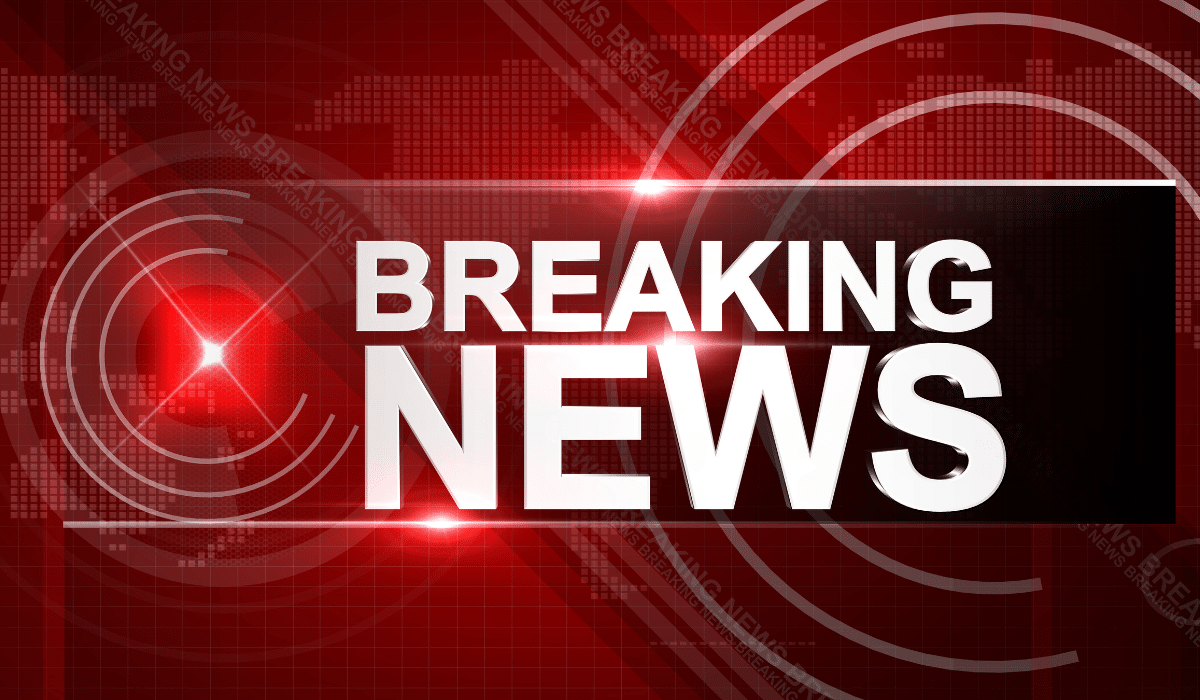LONDON — If I had to propose a fundamental value for media players, broadcasters and platforms, it would be trust; integrity is vital to fostering the listener relationship. Clearly, trust extends beyond broadcasting and is fundamental to day-to-day human interactions. We all need to trust our friends — if this almost-sacred confidence is broken, we inevitably treat people with some caution. For example, the other day, I felt sorry for the staff of a small restaurant I follow on Facebook who announced they had three tables empty on a Friday evening because people simply did not arrive or notify them. They might not want the added bureaucracy of taking deposits, but sadly, they might now be forced to do so. Trust is central to our daily lives.
It’s no different when it comes to media. We need to feel we can trust what we are told. Years ago, before new platforms, that meant trusting the broadcaster. Now it includes trusting a platform not to conceal certain content and to allow content providers a level playing field to present their programming. Recently, Twitter — sorry X — showed a lack of understanding about their direction and some surprising strategic twists have undermined the qualified confidence that previously existed.
The recent EU legislation in this area, the Digital Services Act, is important to underline the market distortion and restriction of choice when platforms privilege their own content. We need continued vigilance in this area. One of the unfortunate consequences of polarization in many societies is that people with different opinions on emotive areas (think Trump and Brexit) seek out their information from different sources; news stories and opinions have become selective and filtered according to the preferences of the consumer. It rather makes one long for the days of innocence when most of the population consumed a transparent, factually-based news provision. This meant that arguments were based on a similar range of facts and data, rather than the starting point being two, perhaps many more, opposing views of reality.
Where is the trust?
In the last issue, we looked at how podcasts are likely to develop in the future. I was left with one outstanding question, one which certainly applies in the United Kingdom, and I would be interested to hear of other examples from around the world. How does society maintain a robust supply of reliable news when individuals creating attractive podcasts shift mass-market news provision outside the normal regulatory constraints?
For various reasons beyond the scope of this article, many presenters and producers have recently left the BBC. These include Dino Sofos, the producer responsible for the ground-breaking political radio talk show and television program Brexitcast, and senior BBC journalists Emily Maitlis, Jon Sopel and Lewis Goodall. In coming together to produce the daily podcast “The News Agents,” the four of them have created a credible daily news audio offering. In short, it’s a good listen — the informality combined with professionalism and the sense they’re permitted to voice more opinions than would have been acceptable at the BBC is all very engaging. In short, I’m a happy and reasonably regular listener. So, where is trust in all this? Personally, I feel I can trust their view of news stories since they have all spent years at the BBC, where maintaining impartiality has been instilled as a constant mantra. Essentially, they know where the boundaries are.
We need to feel we can trust what we are told. Years ago, before new platforms, that meant trusting the broadcaster. Now it includes trusting a platform not to conceal certain content and to allow content providers a level playing field to present their programming.
There’s another interesting entry into the podcast market here in the U.K.: “The Rest is Politics.” This maintains, I perceive, a type of neutrality or impartiality since the two protagonists are both well-connected but from opposing political backgrounds — Rory Stewart is an ex-Conservative Member of Parliament and the other, Alastair Campbell, was a spokesperson for Labour Prime Minister Tony Blair. Furthermore, both have misgivings about the courses pursued by their respective parties; so I sense the show will never be propaganda. This helps make it more trustworthy and appealing. We know what their potential biases are and, as such, it is completely transparent.
However, all of this raises for me some genuine concerns for the longer term. I believe we can trust the people involved in these broadcast ventures for all the reasons given above. In short, we know their broadcasting or political pedigrees. However, what about the next generation? How do we know that a personality starting a podcast is not, even subliminally, peddling an undeclared political line? Or even a contentious line about vital scientific information? Think COVID vaccinations and climate change.
Though they can attract some interesting interviewees, that’s not the same as reporting from around the globe or the frontline in conflict situations or disasters. There’s no network of foreign correspondents. For light news listeners — and we know this is a growing group of people — such podcasts might be their one news fix of the day: one or two appealing top stories that cannot replace the broader overview. And there is always the danger, something I know from my own professional experience, that producers, however experienced, can overestimate the importance of their own pet subjects.
How does society maintain a robust supply of reliable news when individuals creating attractive podcasts shift mass-market news provision outside the normal regulatory constraints?
Where does this leave trust? I’d venture to say that for the likes of the professionals I have listed here, that trust is unimpaired. But what background and professional formation might we expect from future journalists? And, if “personality podcasts” become a news substitute rather than a supplement, then we lose the broader picture and our worldview becomes mediated by a small group of people, however trustworthy.
The two podcasts mentioned have set me thinking about the wider implications of their success. Are there similar phenomena in other territories? Have others had similar thoughts about trust in the news where current delight is tempered by a longer-term sense of unease?
The author was head of Radio at the EBU until 2020, and before that managing editor of one of the BBC’s national stations. He currently advises media organizations
More stories from Graham Dixon
The podcast conundrum for broadcasters
The special responsibilities of public radio
Ensuring trust remains in radio

